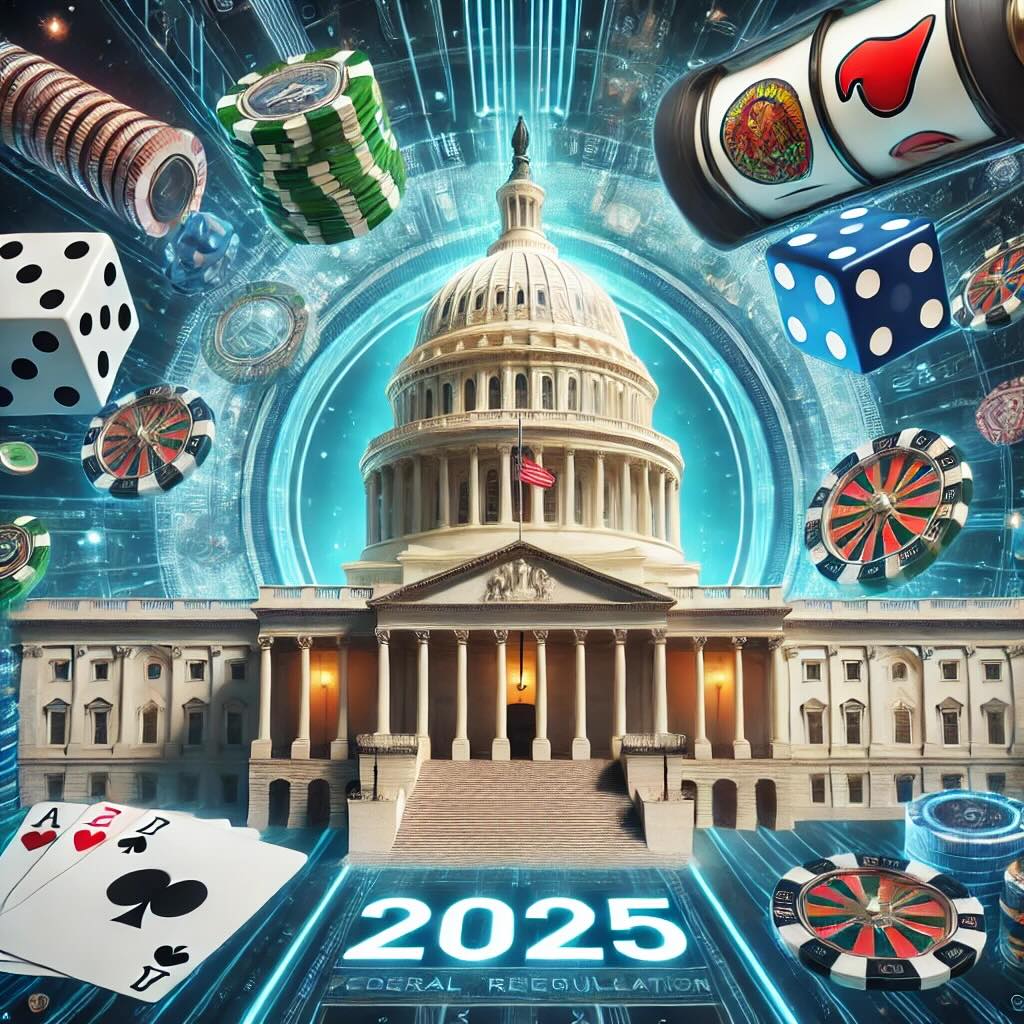
The Rise of Grey Gambling Products
The gambling landscape in the United States is undergoing a significant transformation. In 2025, federal intervention against grey gambling products like DFS 2.0, sweepstakes casinos, and sports CFDs is becoming a pressing topic. These quasi-gambling products are skirting traditional definitions of Afgambling, creating regulatory challenges for state and tribal entities. Analysts at Regulus Partners believe that the federal government will step in this year to clarify and enforce guidelines.
Strain on State Regulations
For decades, the regulation of gambling has been managed at the state and tribal level. However, the inability to define gambling clearly is creating tension. Products like DFS 2.0 and sports CFDs blur the lines between gambling and investment, challenging existing state frameworks. Regulus highlights that while states have historically handled these nuances through legal battles, the growing complexity and overlap of these products demand federal clarity.
Why Federal Action is Inevitable
The pro-gambling stance of the current administration might paradoxically increase the likelihood of intervention. The federal government may initially aim to clarify grey areas, but as history shows, regulatory efforts often expand over time. For stakeholders, this intervention could provide much-needed clarity, but it also threatens to disrupt the market by eliminating some of the more ambiguous offerings.
Challenges with CFDs and Sweepstake Casinos
Sports CFDs, introduced by companies like Crypto.com, highlight the regulatory gap between gambling and investment. Since investing falls under federal jurisdiction, these products bypass state regulations, creating a legal gray area. Similarly, sweepstakes casinos exploit loopholes in federal law, specifically the Deceptive Mail Prevention and Enforcement Act. Analysts argue that a legislative overhaul might be the only way to resolve these challenges effectively.
Outlook for 2025
The year could mark a turning point for US gambling. Federal intervention might redefine the industry by eliminating quasi-gambling offerings that fall outside traditional definitions. This shift would not only protect state rights but also pave the way for more transparent and streamlined operations.








